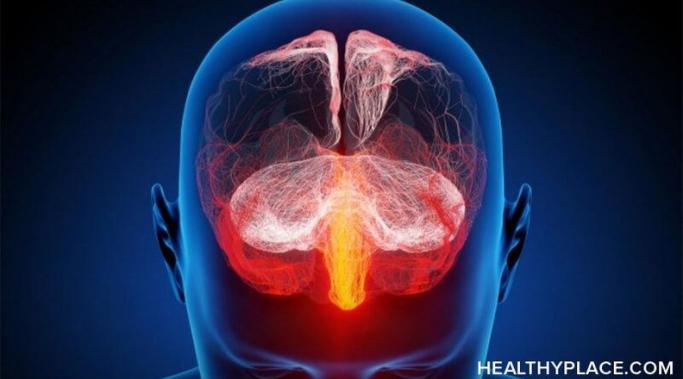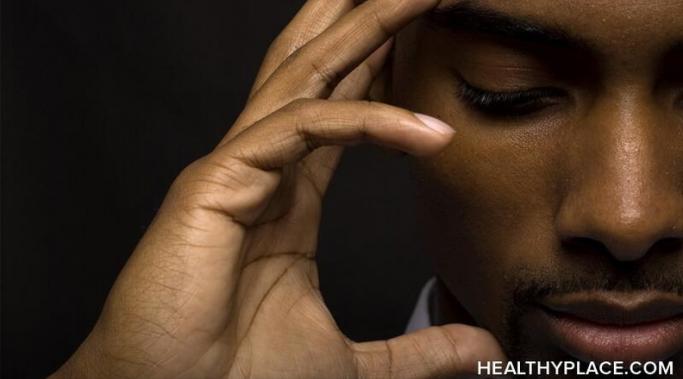My last post was about accepting the limitations that having a mental illness puts on us. The examples I used in that article were:
Not watching upsetting movies
Maintaining a strict bedtime (not staying out late)
Not watching / reading the news
These are three of things I do to maintain stability. As commenter Mary Ann stated, these limitations might be considered enduring the illness rather than suffering per se. But I say tomato, tomahto.
But regardless, these limitations are self-imposed and the rules they bring about are there to keep me safe. In response to a commenter’s question, here are a few more rules I obey:
Impact of Bipolar
I met a beautiful young creature. I then flirted with said creature, as is my habit. Eventually, she asked me a question about local politics. A perfection reasonable question, one assumes. There was just one problem, I don’t know anything about local politics. This is because I refuse to watch the news as I find it depressing and I told her so. She said she understood.
Then we planned to go out to a movie. She asked me to pick the film. I picked one of the action-suspense genre as then there was no chance of me becoming emotionally activated by a stupid movie. Nope, no romantic movies on a date with me.
And then we discussed the showing to see. I have to see the early show because I turn into a pumpkin at 9:00 PM. And really, I prefer to see matinees because they disrupt my sleep cycle less which disrupts my bipolar less.
Poor girl, she had no idea what her flirtation had waded her into.
Self-talk is something we all do. In psychology they call it intrapersonal communication – or communication with oneself. It could be the voice of your mother in your head tell you to “take a jacket” or the voice of an old lover telling you that “you’re fat” or simply a recitation of the lyrics to YMCA for an hour at a time. However you do it, we all have an inner voice no matter how unconscious it may be.
When I told my mother I had a mental illness, I’m pretty sure she didn’t believe me. She didn’t come right out and say it, but it was pretty clear she was suspicious. Once she did feel something was wrong, she was sure it could be fixed with vitamins and herbs.
It couldn’t.
And this is a pretty common reaction from family members. You have one of the hardest conversations of your life and the family member responds with, “you’re not sick.”
Or, “you look fine to me.”
Or, “you’re just being dramatic.”
Or many other things that will tell you that they don’t believe anything is wrong.
So how do you approach a family member and explain to them that everything is not OK.
Bipolar disorder is associated with extremely high (mania/hypomania) and low (depressed) moods. This is typically seen with emotional changes, behavioral changes, energy changes and so on.
Psychosis, on the other hand is the presence of delusions and hallucinations. Delusions – false beliefs that persist in spite of the existence of contrary evidence – and hallucinations are most closely associated with schizophrenia.
However, symptoms of psychosis can occur in bipolar disorder and depression as well.
There is a persistent myth that having bipolar disorder means you have a “broken identity,” or even, “split personality.” I would imagine the term “manic depression” (an older term for bipolar disorder) conjures up these images for some people. But I’m here to tell you, my identity is just fine as is my personality.
Last night I drank.
Alcohol.
OK. You probably don't need to alert the media. But I do need to alert you about the horrible effects alcohol can have on a person with bipolar disorder.
I don't have anything against people with a disability. Why would I? Being disabled means nothing about the individual, it simply indicates their situation. It would be like being against people with siblings. It would just be silly.
Nevertheless, when considering my own bipolar disorder, I bristled against the word "disability." I know; this is hypocritical of me and a double standard. It's OK for someone else to be disabled but not me? I'm embarrassed to even think it.
But bristle I have and think it I (mostly subconsciously) did. The truth is, though, I'm a person with a disability.
Happy new year to everyone. Thanks to all for joining me for a wonderful year of information, interaction and debate. I have learned a lot and I hope you have too. But in case you missed it, here are the top ten articles people were reading from Breaking Bipolar last year:
New Year's is not such a bad time. It's about looking back and learning, I think. We can look back over the year and determine why we did what we did and what it is we should do about it. It's about new beginnings, fresh beginnings, a clean slate. All of that is lovely really.
But with all that comes the dreaded New Year's resolution - the thing we say, hand to heart, that we will endeavour to do in the following year. But really, these resolutions have a negative impact on the mentally ill.
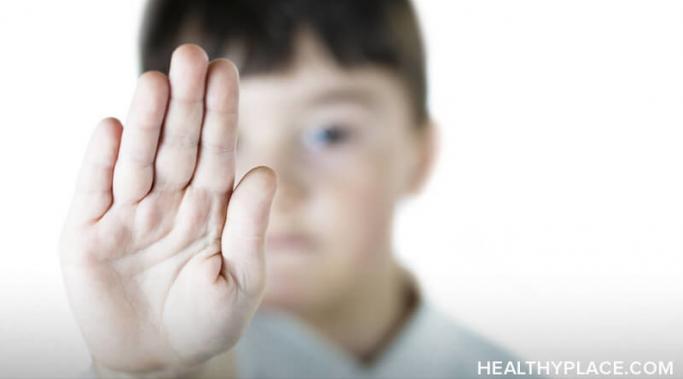
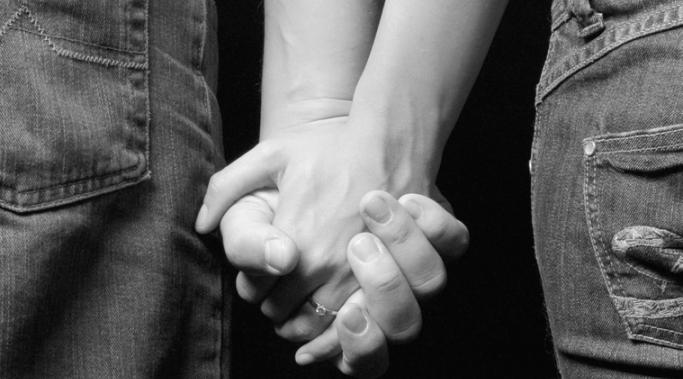
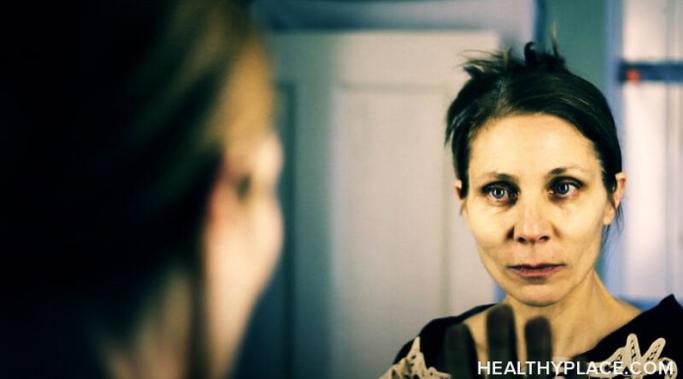
![MP900227716[1]](/sites/default/files/styles/blog_listing/public/uploads/2012/02/MP9002277161.jpg?itok=FWQ27v50)


